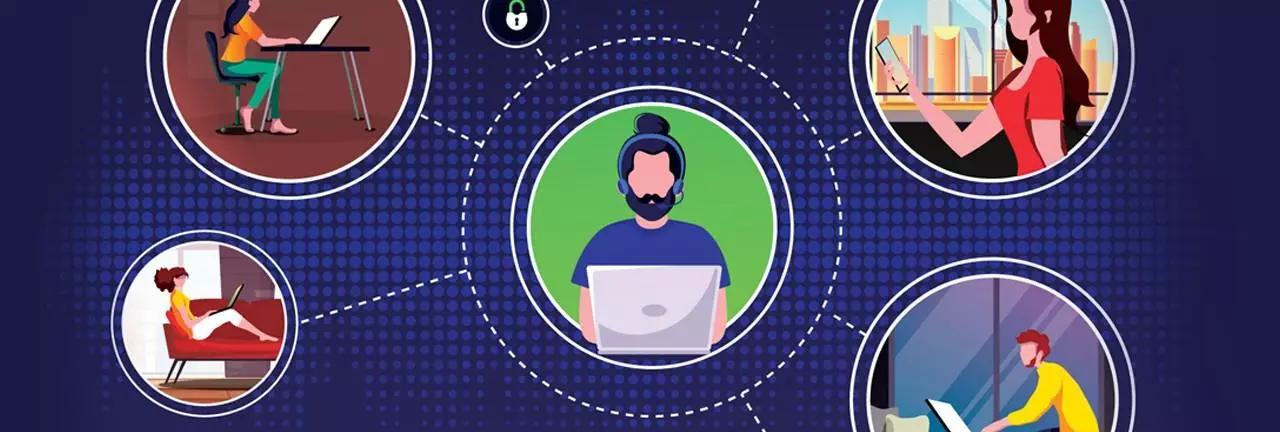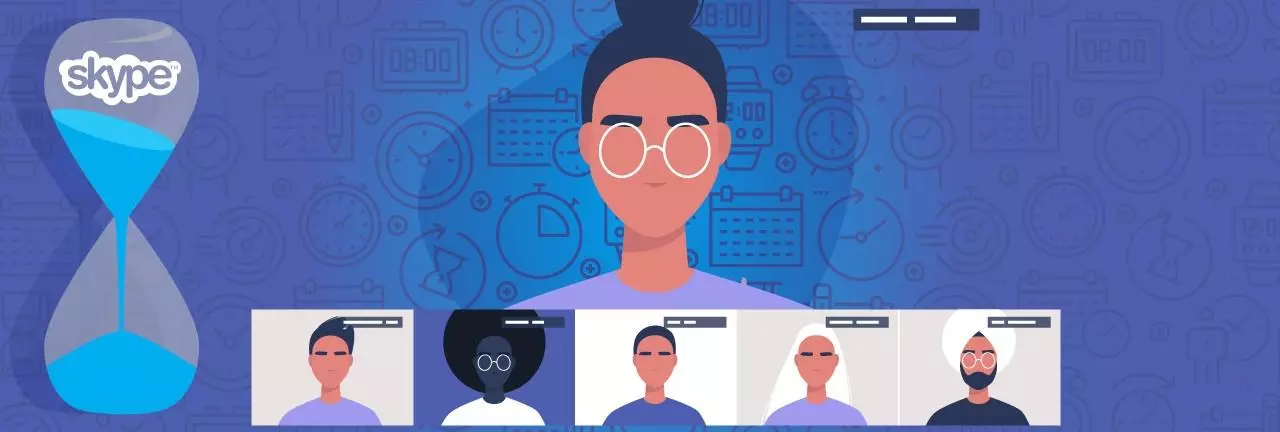Attracting top talent is just part of the picture when it comes to building a thriving, successful organisation. If employees are to achieve their full potential in both their professional and personal lives, it is essential to nurture their talents and cultivate the skills that will help them progress along their chosen career paths.
In July of 2019, Exponential-e hosted a roundtable at The Ritz London, bringing together 18 top UK architects to discuss topical issues across the sector and sharing views on the matters at hand. One of the topics raised was the newly launched Architects Declare manifesto and its 11-point plan for tackling climate change and biodiversity loss. From 16 founding signatories, word spread like wildfie and within weeks, hundreds of practices - large and small - signed up, signalling that our architects were ready commit to operating in a greener, more sustainable manner.
Failure Demand: "Demand caused by failure to do something or do something right for the customer" Seddon, 2003
Even as the end of lockdown approaches, it is clear that hybrid working is here to stay, with organisations utilising remote and office-based working on a flexible basis, in order to combine the advantages of both.
Selecting the right storage architecture is essential for organisations that are leveraging Artificial Intelligence (AI), Machine Learning (ML), Big Data and IoT analytics. For example, AI applications that involve scientific and medical research create and interact with numerous large files, and therefore need a storage system that can scale to a petabyte level, with zero restrictions. Similarly, ML applications and Big Data projects require a scalable, cost-effective storage solution to accommodate the high volumes of data that will be produced. This raises the question of which storage solution enterprises should use to underpin their overall analytics strategies.
To say the past year has been challenging would be an understatement. But as we look back on the challenges our organisations have overcome - and the ones we expect to face going forward - it's important to not lose sight of the fact that people are the lifeblood of any company.
Throughout these unprecedented times, many Resellers and Systems Integrators have been forced to furlough team members or reduce headcount, creating leaner operations in order to weather the economic downturn. But as we now approach an economic return and ramp up our trading levels, these resourcing gaps can limit the services that resellers can take to market.
Passwords are often more associated with individual and consumer cyber security, but they are an essential part of an organisation's overall security posture. For example, you wouldn't leave the windows open overnight as this would allow easy access into the building for thieves. In the same way, a weak password offers cyber attackers easy access to your corporate infrastructure, after which they can use these credentials to escalate permissions until they granted themselves administration privileges, at which point the risk of financial and reputational damage becomes truly serious!
Global broadcasts place incredible demands on infrastructure, which must offer the performance and resilience required to accommodate the anticipated spikes in viewership. Exponential-e has worked closely with a number of world leaders across the broadcasting and media sector, providing fully integrated solutions that ensure their connectivity is of the very highest quality, freeing their own teams to focus on the broadcast itself, safe in the knowledge that they can completely depend on their technological foundation, no matter how many viewers around the world tune in.
Over the course of the past year, the contact centre has been changed forever, with social distancing requirements meaning that familiar methods of face-to-face contact are now unavailable. In light of these shifts, social media, video and email contact are now regularly utilised as the primary channels for customer queries – a trend that we have seen on the rise for some years now. Between March and November 2020, we saw a significant update in the use of online channels, with 54% of organisations reporting an increase in email contact, 52% reporting an increase in social media, and 65% reporting an increase in the use of web chat.
Microsoft Teams has been in the ascension for some time now, rising exponentially in popularity throughout 2020, to the point it is now the default internal communications tool for many organisations, with the distributed workforce utilising it to effectively collaborate with colleagues on a day-to-day basis.
The finance sector is required to have one of the most sophisticated cyber security postures in the world, with bureaus, banks, finance companies and insurers working closely with their technology partners to ensure sensitive financial data is managed, stored and transferred, with a stringent range of international security standards that must be adhered to at all times. However, cyber criminals have demonstrated repeatedly that they are constantly working to breach even the most sophisticated security ecosystems, devising new ways to exploit both technological vulnerabilities and human error.












